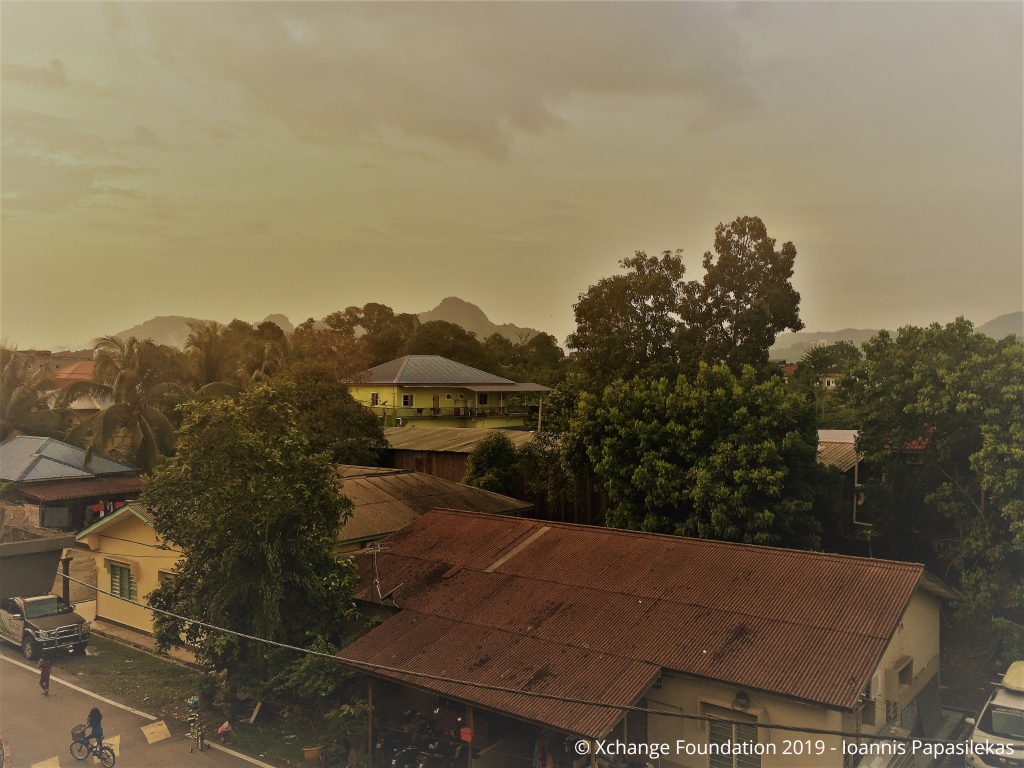Our sister organisation released a new report last month examining the experiences of Rohingya refugees who have fled from Bangladesh to nearby Malaysia. This blog outlines the findings – how people managed to organize the journey, the challenges they faced, and their hopes for the future. You can read the full report and watch the interview video on the Xchange website.
Firstly, the report investigated the reasons Rohingya had for heading to Malaysia. The results found that there were a variety of push and pull factors in making the decision, and that in some cases misinformation about the situation in Malaysia affected people’s decisions. For example, one participant related:
“I was in Teknaf for some reason with a friend […] I had only 2 hours to take decision to come Malaysia. My friend told me that the Malaysian government are giving facilities to study…uh…so I listened to him. […] he was lying.” – Yusuf Ali*
Many of the deciding factors however reflected genuine opportunities. For example, a number of participants were aware that, despite lack of legal refugee status, the UNHCR activity in Malaysia gave them a better chance at being resettled and being able to make a new start in a third destination country.
Once the decision had been made to travel to Malaysia, the journey had to be planned. The results showed how more recent arrivals had changed from boat crossing to alternative methods by plane, as the journey across the Andaman sea became ever more risky. The participants generally paid large sums of money to make the crossing, and often told stories of abuse, abandonment, and extortion at the hands of the traffickers and smugglers who facilitated their journey. They also described how those travelling with them were sometimes arrested or died during the crossing.
“[…] one 18-year-old boy lost his life drinking his urine. He was last in line and by the time it was his turn he had no water to drink.” – *Md Rafik
Life in Malaysia was described as difficult by everyone involved. From finding employment despite legal restrictions, to the sense of isolation inherent in leaving their old lives behind, it was not surprising that many of the participants felt hopeless and were even considering attempting to return to Bangladesh. However, the stories were not all negative, with some reporting a balanced reception by the local community.
“Malaysians who work with me, they are kind, show love and respect to the Rohingya, whilst others like Bengalis are being looked down on.” – *Md Rafik
As for the future, there was a degree of pessimism for the Rohingya’s future both in Bangladesh and beyond. Many felt that without citizenship no progress could be made and pointed to the stagnation over the last years as evidence that they should not be too hopeful. For the participants who were interviewed, the main priority was to do what they could to ensure a better future for their children in whatever way possible.
“Right now, I’m just thinking of my daughter’s future. How I can raise her like others do. How I can help her be an educated human.” – *Tasmina
If you are interested in the work of MOAS and our sister organisation XChange, please follow us on social media, sign up to our newsletter and share our content. You can read and view the full report on the Xchange website. You can also reach out to us any time via [email protected]. If you want to support our operations, please give what you can at www.moas.eu/donate.
*names have been changed.



